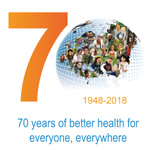WHO at 70
Seventy years ago, on 7 April 1948, the World Health Organization (WHO) was founded on the principle that health is a human right and all people should enjoy the highest standard of health. This aspiration towards better health for everyone, everywhere has guided the Organization’s work ever since.
70 years working towards better health for everyone, everywhereTop story
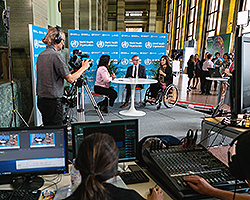 Seventy-first World Health Assembly comes to a close after charting a new course for WHO
Seventy-first World Health Assembly comes to a close after charting a new course for WHO
The Seventy-first World Health Assembly took place on 21–26 May 2018 in Geneva, Switzerland. Over the course of the 6 days, delegates charted a new course for the Organization.
Achievements: life expectancy

Life expectancy in the WHO European Region has increased in the past decades. On average, men can expect to live approximately 75 years, and women, around 81.
For more information and data, visit the European Health Information GatewayAchievements: maternal health
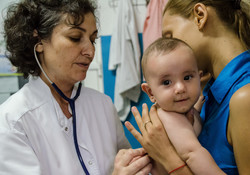
Mothers are increasingly healthier during pregnancy and delivery in the WHO European Region. The maternal mortality rate decreased by almost half from 2000 to 2015.
Life-course approach and Maternal and newborn healthAchievements: financial protection
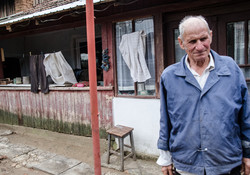
Countries in the WHO European Region have a strong history of working towards protecting people from financial hardship.
Learn more about WHO/Europe’s work on financial protectionAchievements: environmental health

The WHO European Region is a global leader in protecting people’s health from environmental risks.
Read more about the European Environment and Health ProcessAchievements: International Health Regulations
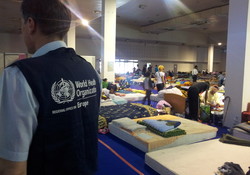
The WHO European Region is a forerunner in implementing the International Health Regulations (IHR), which require countries to detect and respond to public health threats and to report on events which may constitute a potential public health emergency of international concern.
Achievements: decreased tuberculosis cases
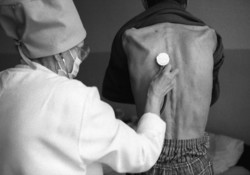
The WHO European Region has seen an overall decrease in tuberculosis (TB) cases, yet the specific threat of multidrug-resistant TB (MDR-TB) remains. The number of TB cases halved from 2006 to 2015.
Learn more about WHO/Europe’s work on TBChallenges: health inequities

Over the last century, average health status has dramatically improved in the WHO European Region. However, these gains are not evenly distributed across countries or across social groups within the same country.
Learn more about how WHO/Europe supports Member States in tackling socially determined health inequitiesChallenges: alcohol consumption

Alcohol consumption is a major health risk in the WHO European Region, where alcohol intake is the highest in the world.
Learn more about WHO/Europe’s work to address harmful alcohol useChallenges: overweight and obesity

Over 20% of people in the WHO European Region are obese. Overweight and obesity are major risk factors for various noncommunicable diseases, and the increasing trend in the number of overweight infants and children is especially alarming.
Learn more about WHO/Europe’s work to address overweight and obesityChallenges: tobacco use

Of the 53 countries in the WHO European Region, 50 have ratified the WHO Framework Convention on Tobacco Control (FCTC). Despite the gains made, and efforts through the FCTC towards a tobacco-free Europe, the Region still has the highest prevalence of tobacco smoking adults – 28%.
Learn more about WHO/Europe’s work on tobacco control